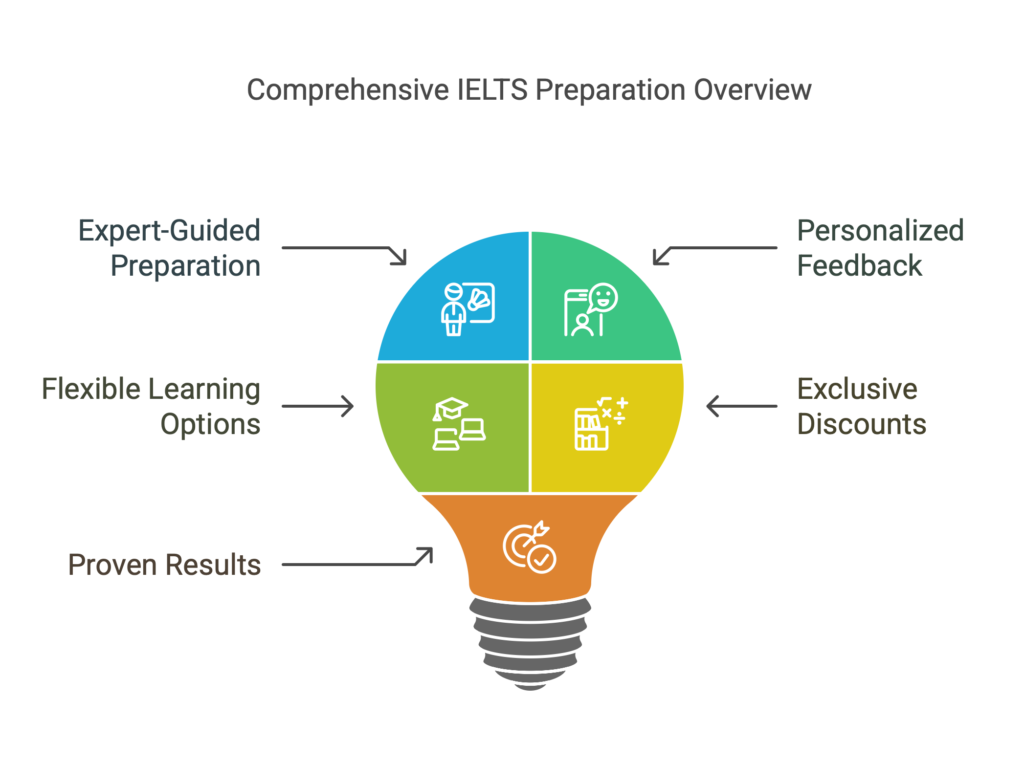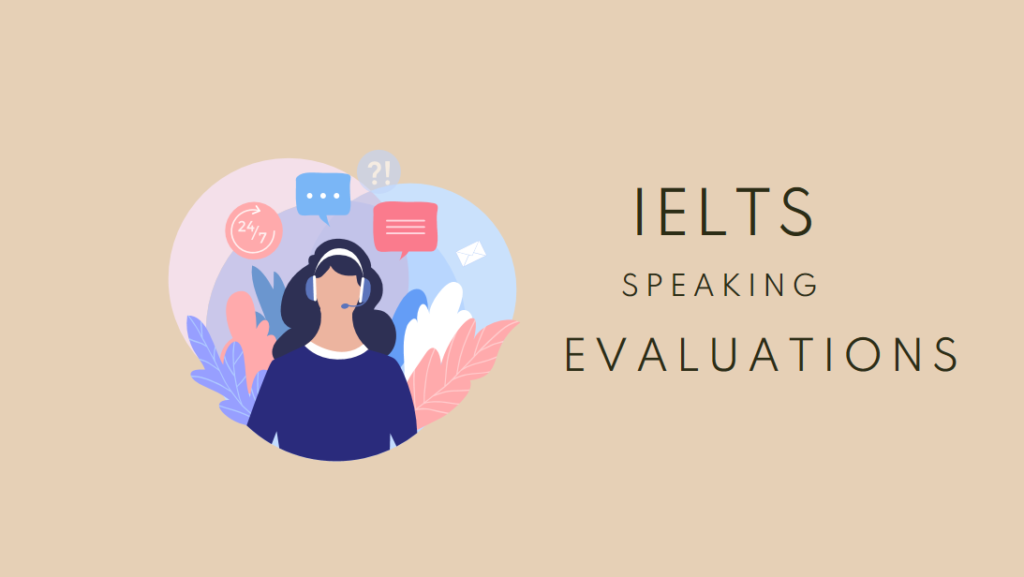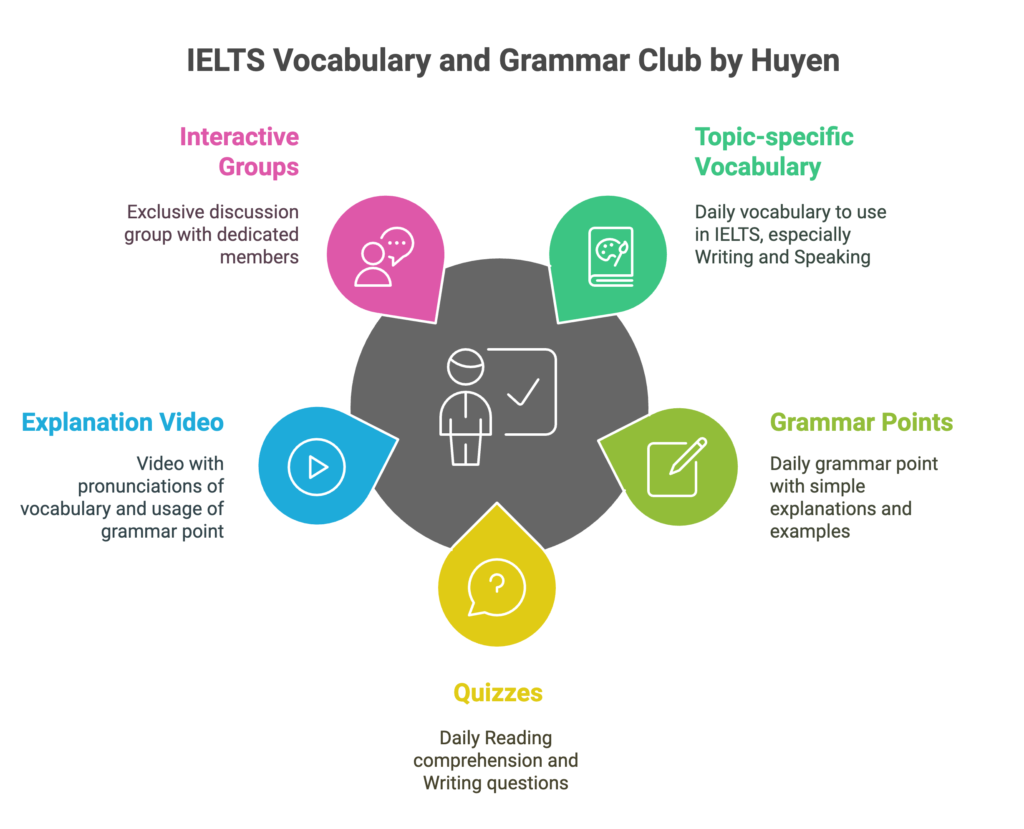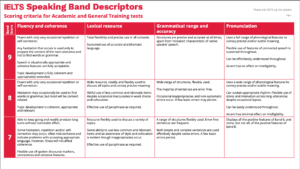Comparatives and Superlatives are two of the most important grammar points, not only in IELTS but also in our daily lives. You can use Comparatives and Superlatives with adjectives, adverbs, nouns, and verbs. In this article, I only talk about adjectives and the usage of these grammar points in IELTS Writing and IELTS Speaking.
Adjectives
Before talking about Comparatives and Superlatives for adjectives, we have to talk about adjectives themselves. Let’s separate them into 3 groups: Short adjectives, Long adjectives, and 2-syllable adjectives.
| Short Adjectives One-syllable adjectives | Long Adjectives Three-and-more-syllable adjectives | 2-syllable adjectives |
| Tall Short Cheap | Interesting Expensive Extraordinary | Friendly Funny Boring |
Using Comparatives correctly
| Short Adjectives One-syllable adjectives -er | Long Adjectives Three-and-more-syllable adjectives More + adjective | 2-syllable adjectives Words ending with -y: -ier Others: More + adjective |
| Taller Shorter Cheaper | More interesting More expensive More extraordinary | Friendlier Funnier More boring |
Examples: Buying a house might sound costlier/more costly* than renting one in the beginning; however, in the long run, owning a property has been proven to be more economical than paying monthly rent. In addition, to encourage people to invest in real estate, many governments are providing subsidies to make interest rates lower and more affordable for everyone.
Using Superlatives correctly
| Short Adjectives One-syllable adjectives the -est | Long Adjectives Three-and-more-syllable adjectives The most + adjective | 2-syllable adjectives Words ending with -y: the -iest Others: the more + adjective |
| The tallest The shortest The cheapest | The most interesting The most expensive The most extraordinary | The friendliest The funniest The most boring |
Example: Although English is the most spoken language in the world, learning other languages is equally important as it opens the door for learners to different worlds and different opportunities, such as jobs and relationships. The cheapest way to learn any tongues is making online friends, which can easily be done through social networking websites.
Some popular exceptions
| Words | Comparatives | Superlatives |
| Good | Better | The best |
| Bad | Worse | The worst |
| Far | Farther/Further | The farthest/furthest |
| Fun* | More fun | The most fun |
Attention: Languages change over time and some rules are bound to change. So, we should keep an open mind for new things and more exceptions, such as the words “fun” and “costly” above.
Why is it important in IELTS Writing and IELTS Speaking?
In IELTS Writing and IELTS Speaking, you MUST use Comparatives and Superlatives correctly because grammar is a part of the assessment criteria. But one can always argue that they can avoid comparatives and superlatives altogether to avoid making mistakes (maybe they are too complicated to understand). That’s true! But if you want to get anything better than 6.0 in IELTS Writing and IELTS Speaking, you’d better listen up!
In IELTS Academic Writing Task 1, you MUST make comparisons regardless of what type of charts you are dealing with. Some charts require more comparisons than others, but all charts need comparisons.
While it is possible to avoid comparatives and superlatives in IELTS General Training Writing Task 1, IELTS Writing Task 2, and IELTS Speaking, you will be restricted in many ways because these grammar points apply to not only adjectives but also adverbs, nouns, and verbs. Not knowing how to use those grammatical structures correctly will impede your understanding of other related advanced structures.
Comparatives and Superlatives are among the most common grammar mistakes that IELTS takers often make and are explicitly described in Everything IELTS – The Most Common Mistakes and How to Fix Them.
Make sure you are a master of making comparisons.
Check out which Practice9’s services fit you and your needs the most here.
Feel free to contact us for better guidance on your IELTS journey.
Don’t waste your time on IELTS! You can get it this time.
Have fun learning!















Responses